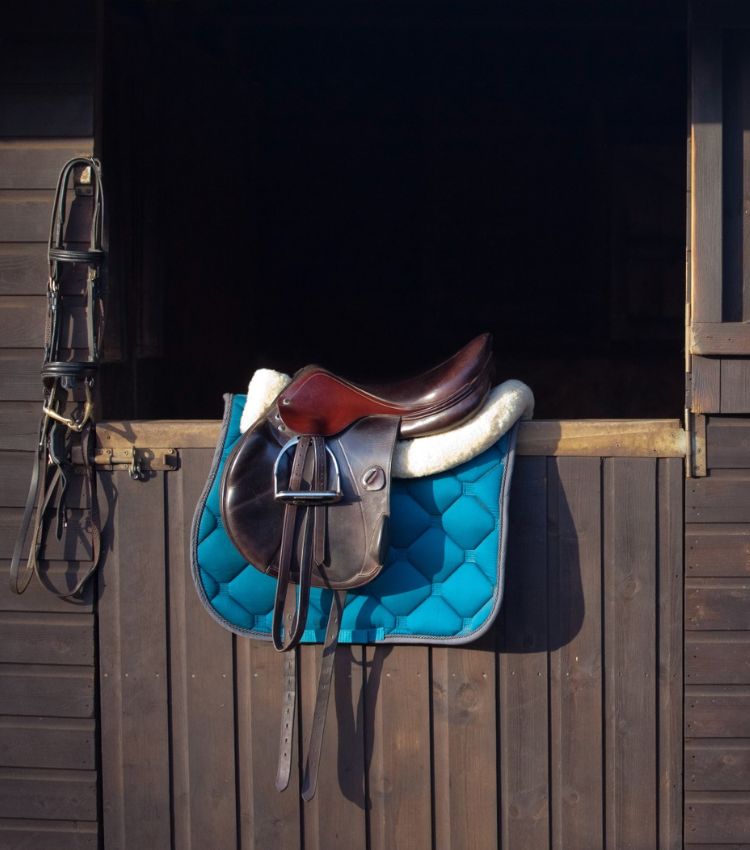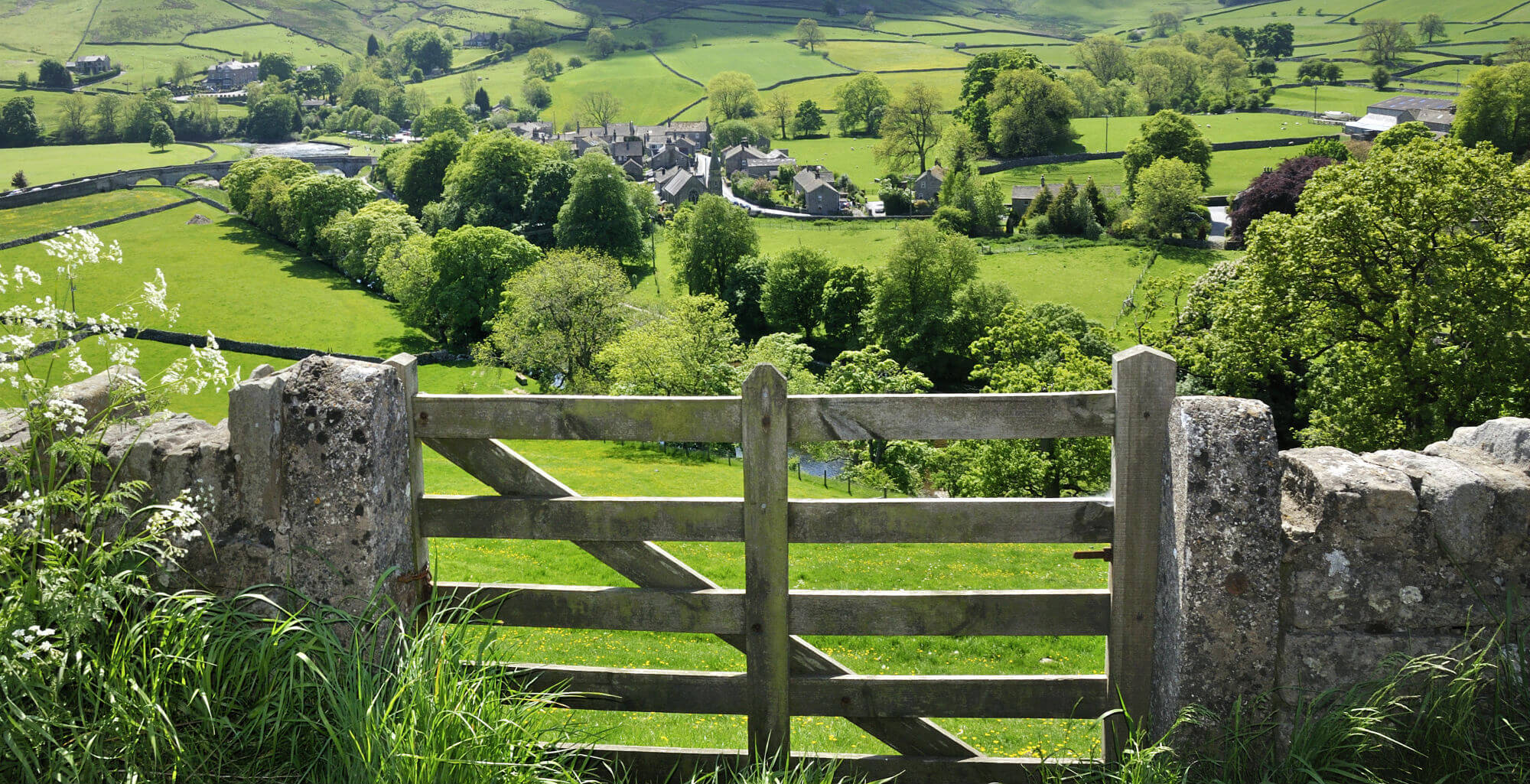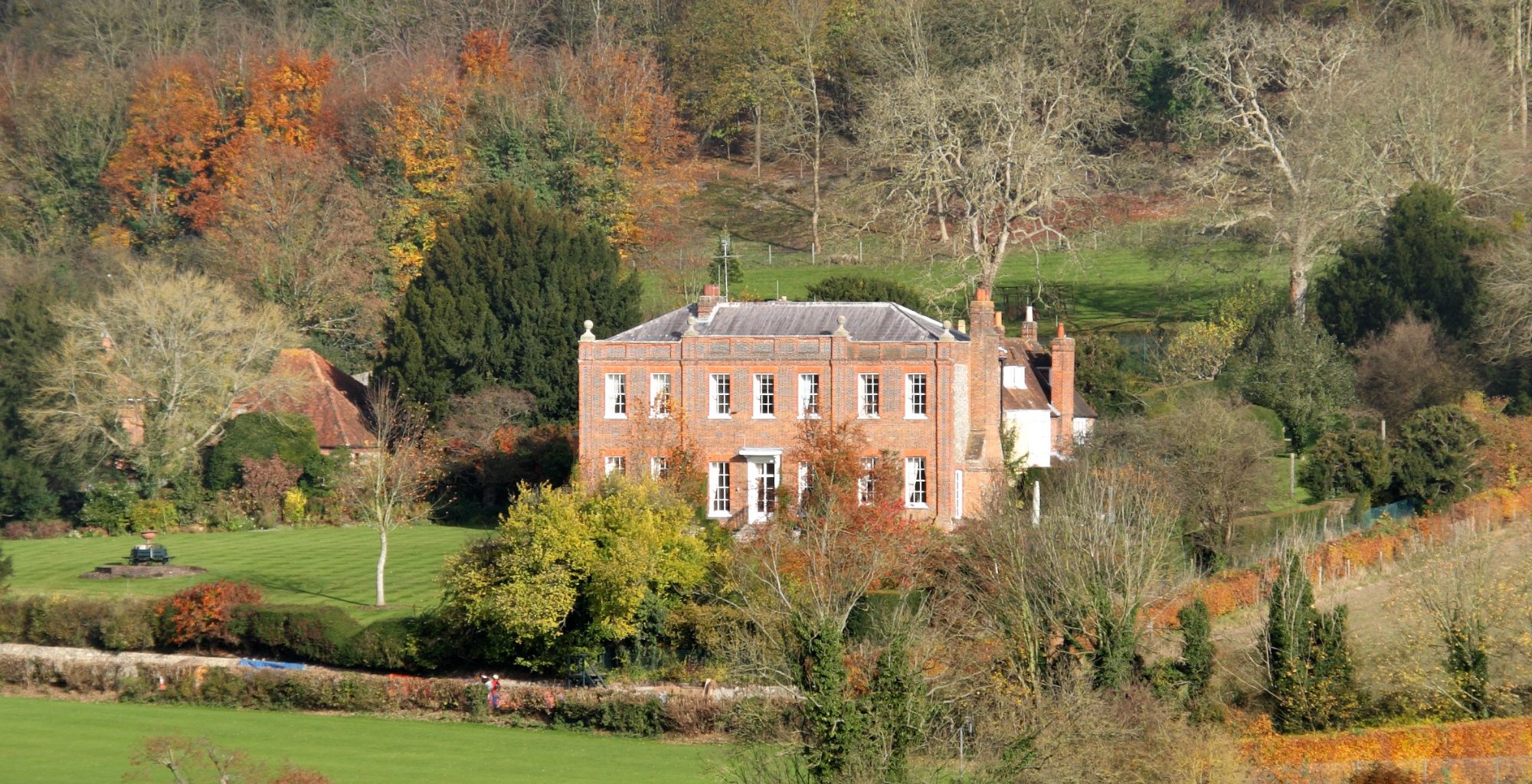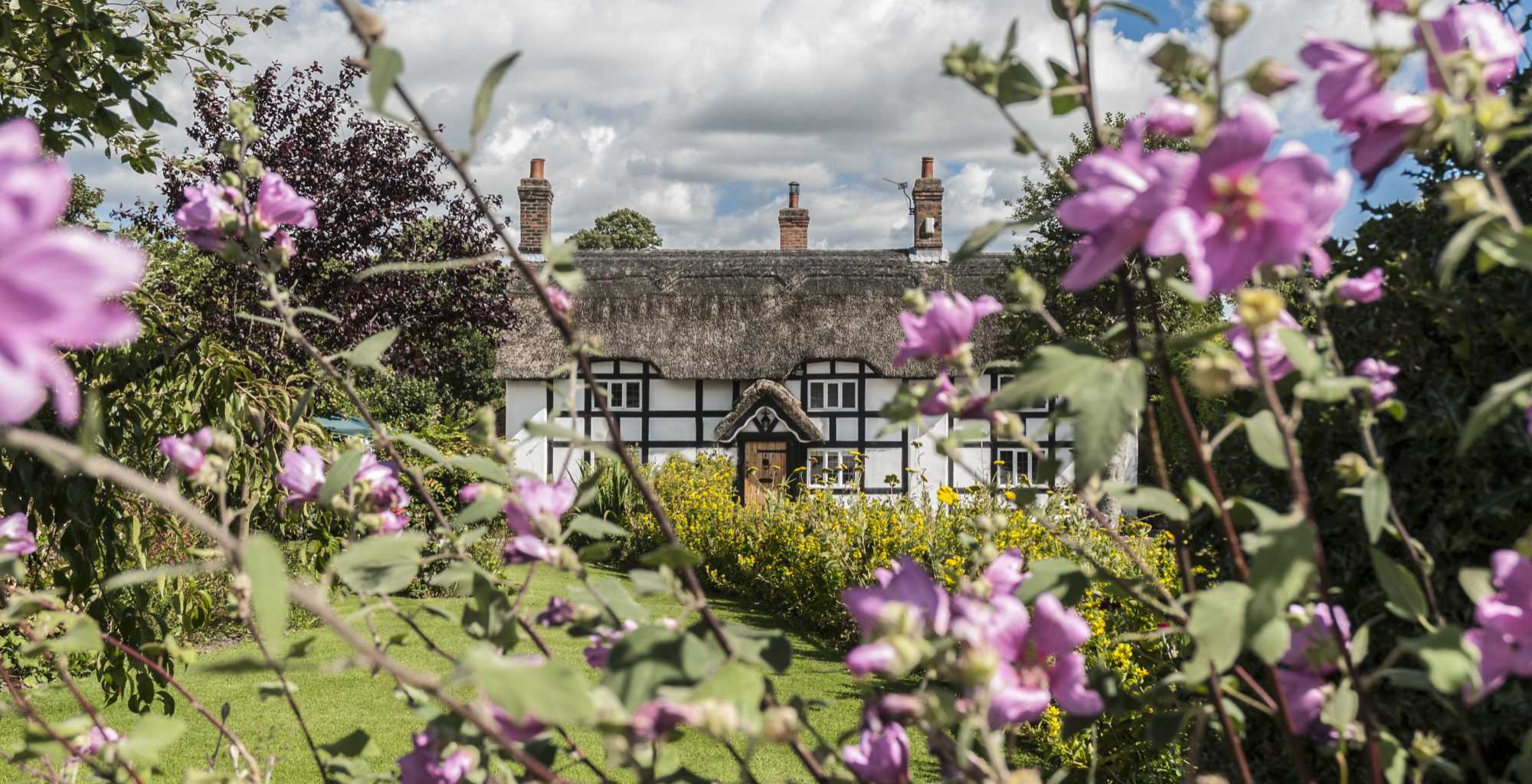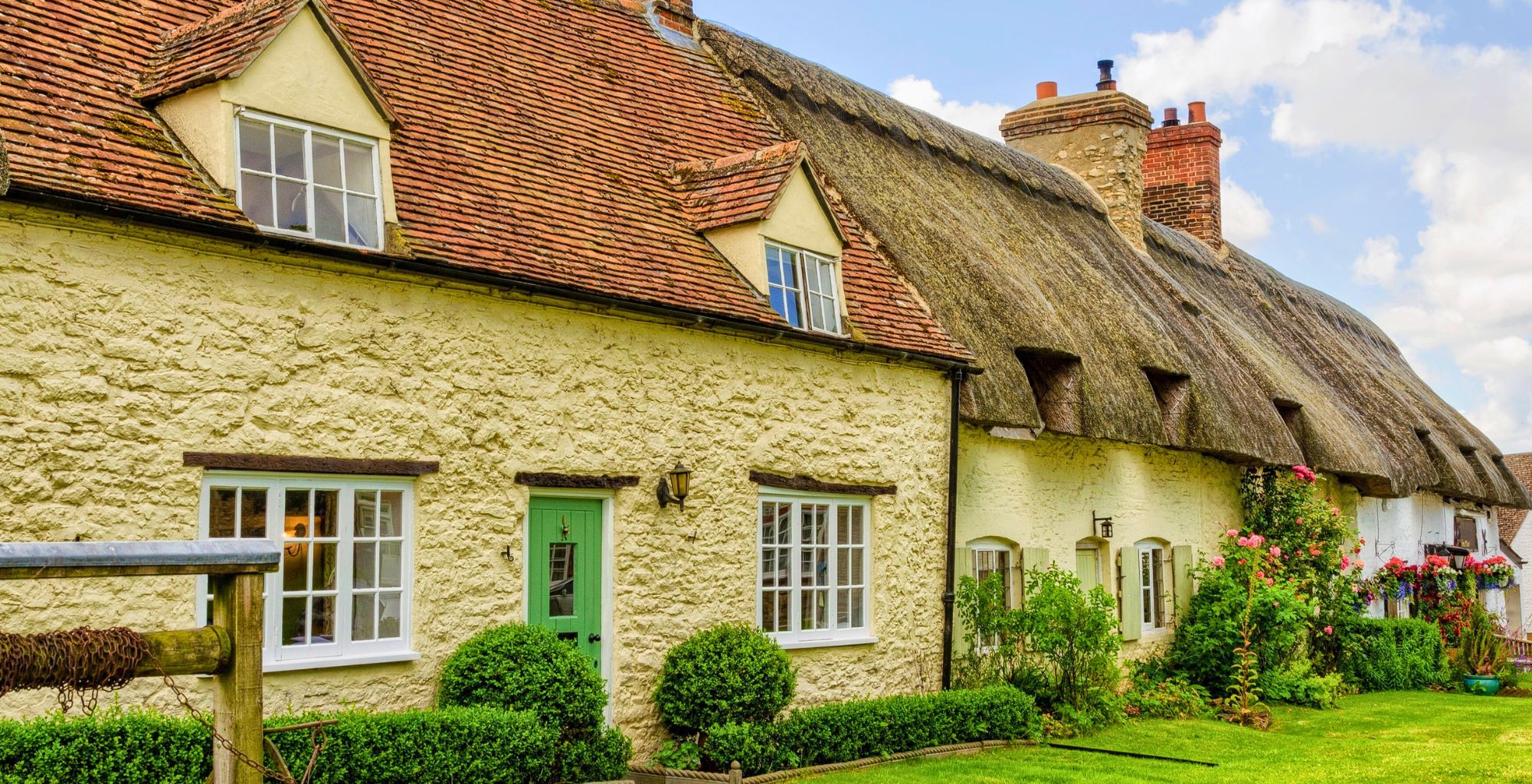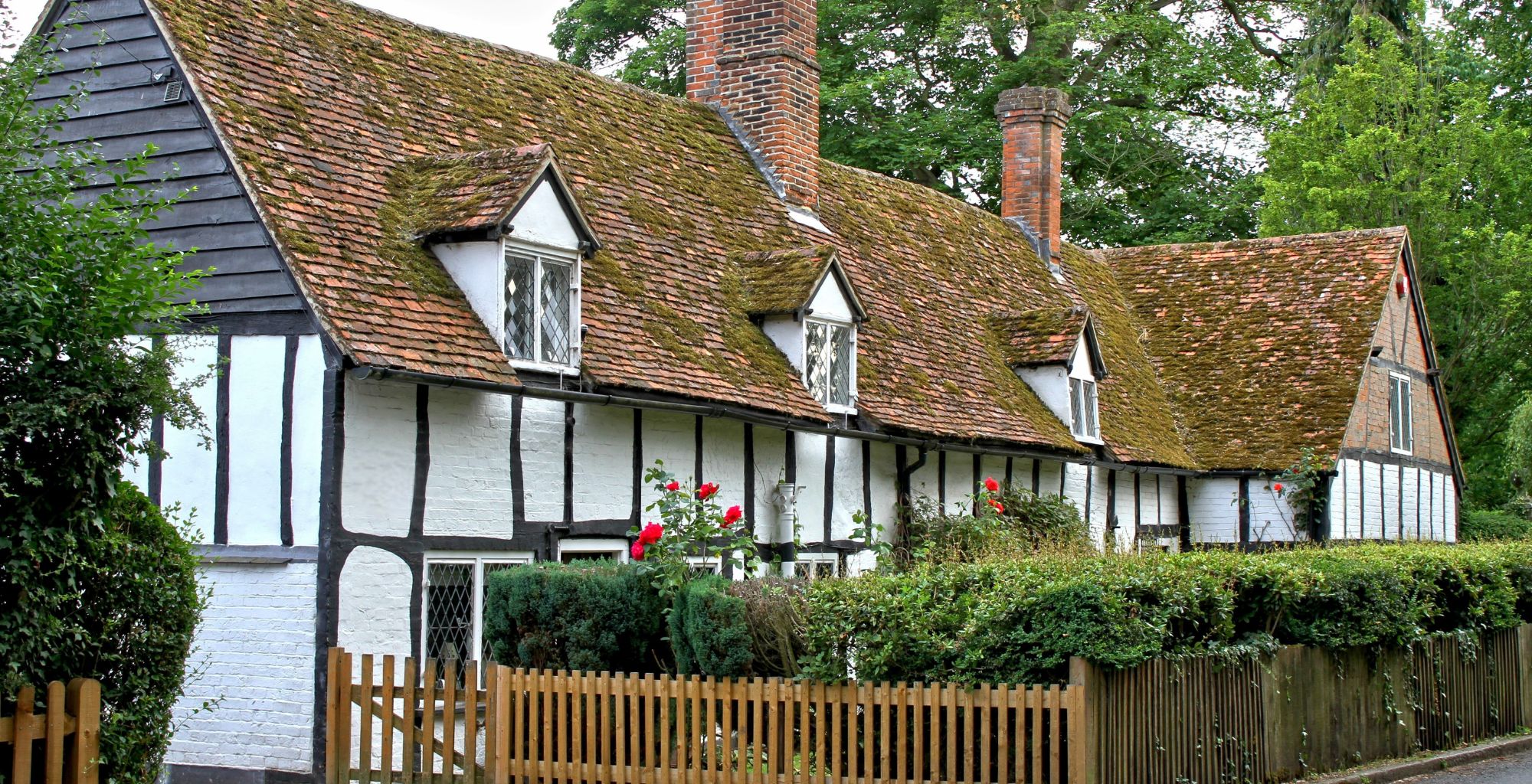Are you considering a move to the North West and want to know where the best places to live...
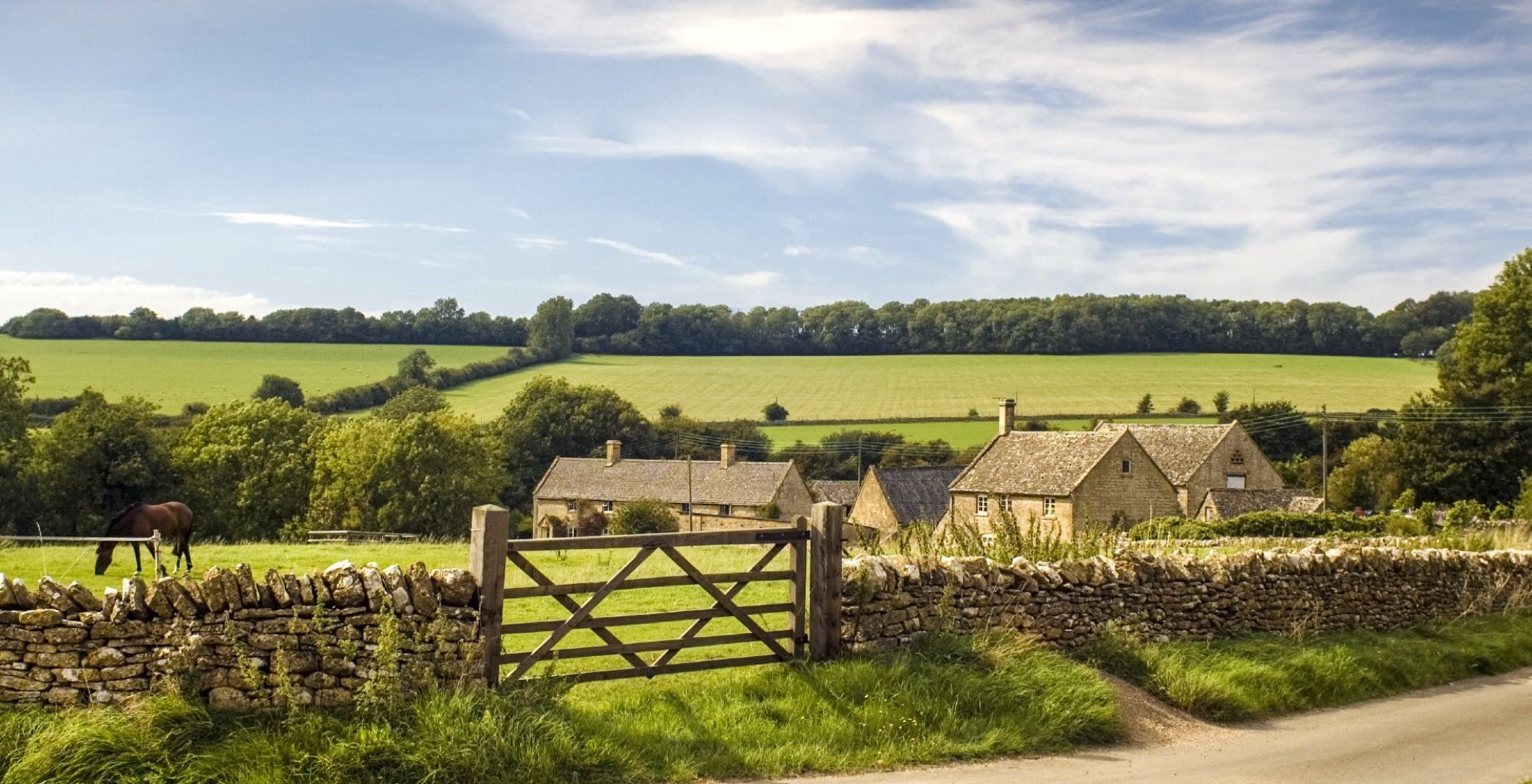
Equestrian property | Houses and horses
Are you looking for an equestrian property? This blog shares key insights and considerations for those seeking this unique type of property.
Equestrian properties are a niche sector of the property market appealing to horse owners who wish to buy a property with enough acreage and the facilities to keep horses.
For those seeking equestrian property, it will be quickly evident that these types of properties can vary in size and the range of facilities they may have. They cater to casual riders and professional competitors wanting their horses nearby, and to businesses associated with horses, such as livery yards, riding schools, stud farms, and equestrian veterinary practices.
Buyers have much to consider when searching for the ideal equestrian property.
What is an equestrian property?
An equestrian property provides the buildings, land, and facilities suitable to accommodate horses. As well as residential or business premises, these properties will typically have stables, a significant amount of land, and a manège. They will ideally be close to bridleways, hacking routes, and other areas where horse riding is permitted.
Equestrian properties can be found in both rural and urban settings and should meet the various needs of horse owners who seek a property where they can keep their horses on-site.
Equestrian properties are popular in the UK, with approximately one million horses under ownership.
Buying an equestrian property can be a worthwhile investment, whereas the alternative would be paying livery fees, travelling to and from the livery yard, and having restricted access to your horses.

What to look for when buying an equestrian property?
When searching for the ideal equestrian property, prospective buyers should first ensure there is enough land available for their horses. According to the British Horse Society, there should be at least 1.5 acres of land available for each horse.
Factors such as the property’s location and existing facilities, or the potential to install them, should be considered. It is important that any existing structures are in good condition and suitable for their intended use; proximity to amenities or essential services such as water and electricity should not be overlooked.
As horses will be living on the land for much of the time, the land quality must be suitable for its purpose.
Free-draining chalky soil, rather than heavy clay, is ideal as it reduces the risk of injury, and a reliable, safe water supply is essential.
If the property is in a rural location with limited vehicular access, it is crucial to assess the practicalities of transporting horses and equipment to and from the land. This includes considering the location and number of access points and whether there is sufficient space for manoeuvring trailers and horse boxes.
To convert a residential house and its accompanying land into an equestrian property, permission for Change of Use may need to be obtained from the Local Planning Authority. This should be researched and verified before committing to a purchase.
Can agricultural land be used for equestrian purposes?
Horses can only be put out on agricultural land for grazing, which is legally deemed as an agricultural activity. If the intent is to rug the horses or feed them hay, then the use becomes equestrian and planning permission may be required for Change of Use of the land.
Even if there are already outbuildings, barns, and tack rooms that could be used for equestrian purposes present on agricultural land, planning permission for Change of Use may be required if the horses using them are not considered to be serving an agricultural purpose.
It is essential to obtain legal advice and consult the Local Authority to ensure you will be compliant with the relevant planning regulations, as breaching them could result in enforcement action being taken against you.
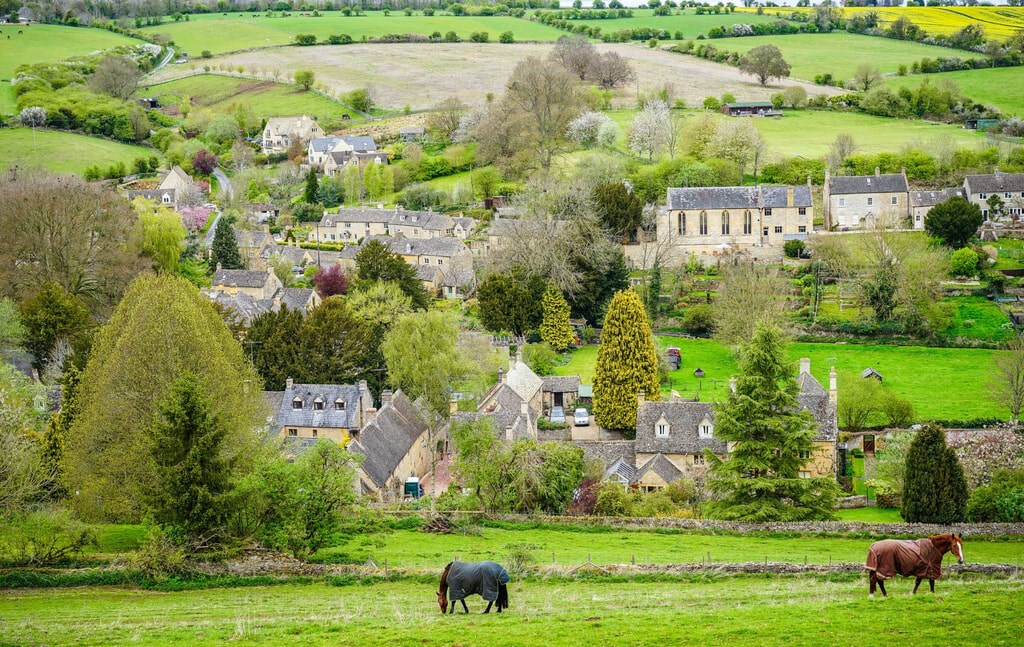
Can I put stables on my land?
Planning permission is usually required to erect any buildings on the land, whatever the land’s designated use, including equestrian structures such as stables, tack rooms, and hard standings, and a Change of Use may also be required.
Permitted Development Rights may apply in some instances and enquiries should be made to the Local Planning Authority.
It is always essential to check with your Local Planning Authority whether planning consent, listed building consent, or conservation area consent is required before proceeding with any construction, otherwise, enforcement action can be taken.
Can I run a livery yard?
When it comes to full livery, working livery (riding schools), or DIY livery yards, different regulations apply.
At a livery yard, the horses do not belong to the owner of the yard; instead, they are cared for in exchange for payment, and specific rules, insurances, and planning permissions may be applicable. Expert advice should always be sought before committing to buying a property for equestrian business purposes, to ensure the property is suitable and the business will be viable.
Can I get a mortgage to buy an equestrian property?
The range of suitable mortgage products that can be used to buy an equestrian property will depend on the buyer’s situation and the intended use of the property. If it is to be used solely as a private home together with stables to keep your own horses, many lenders may consider offering a residential mortgage. However, if the property is to be used as a livery yard, riding school, or similar equestrian business, a commercial mortgage will likely be required.
It’s essential to take professional advice when exploring mortgage options for an equestrian property.
A mortgage or financial advisor will recommend suitable lenders based on your specific circumstances and whether you or the business meet their lending criteria.
Buying equestrian property
In summary, buying an equestrian property means many specific requirements need to be met and, as with any significant purchase, thorough research and expert advice will be needed to ensure that committing to the purchase is the right decision.
To talk to an expert about your search for a property, contact us for a no-obligation discussion.
